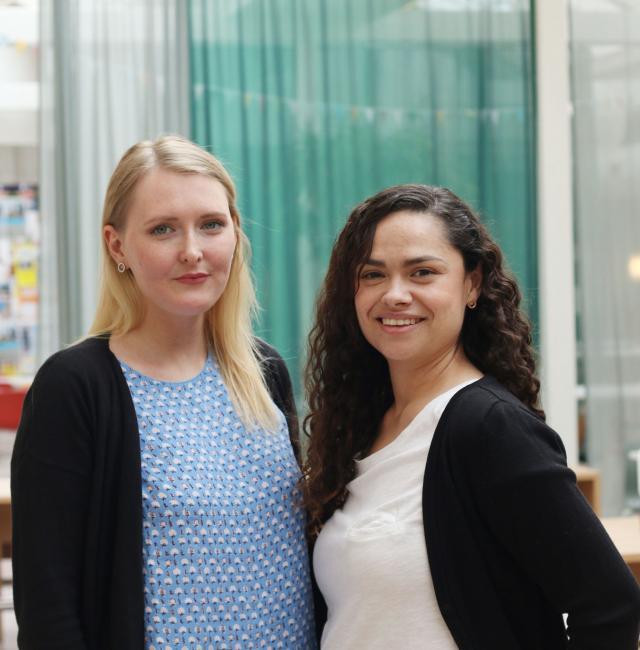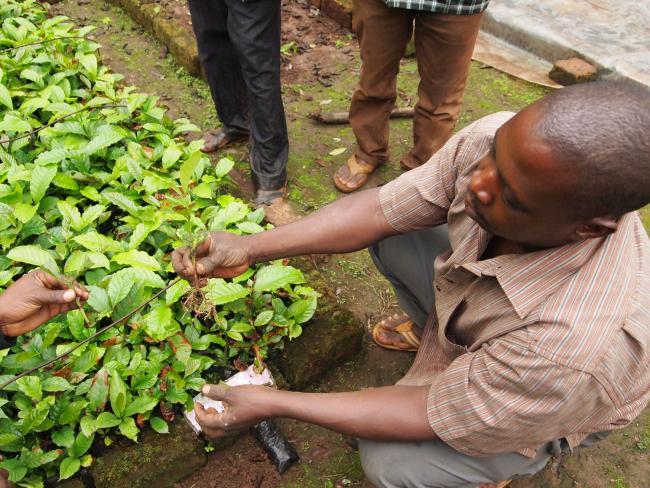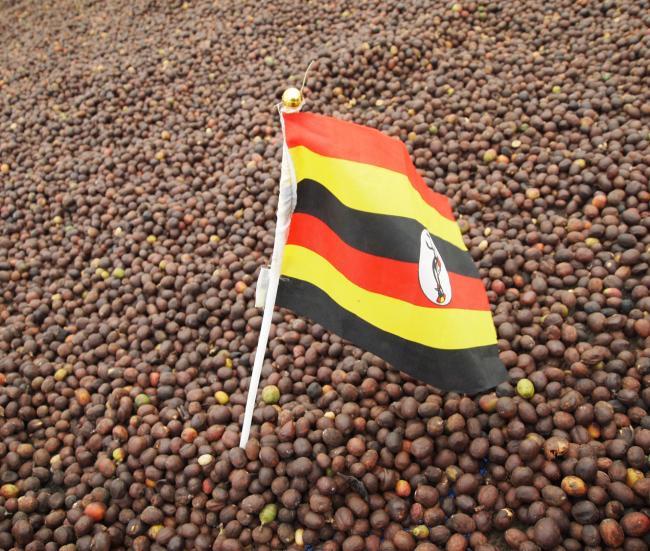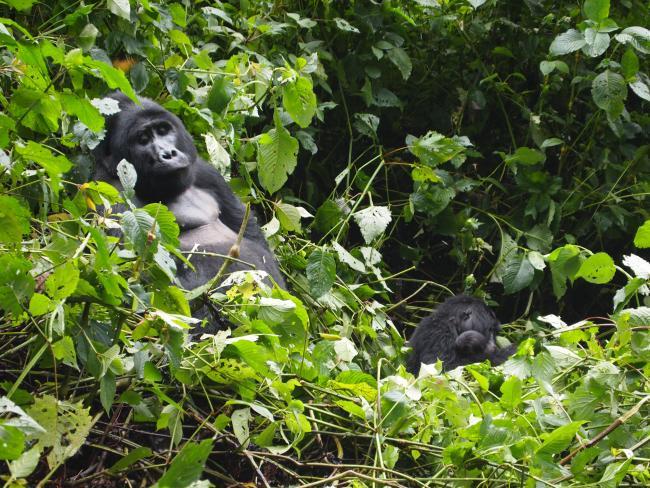They studied in Uganda for their thesis
2018-05-20Uganda does not belong to one of the famous coffee countries, but the fact is that coffee is one of the biggest export products of the country. How does growing, roasting, export and sale work? How does it the economical ecosystem look in reality? These were questions that Alexandra Pfeiffer and Marlen Garces, students in Business Administration at Karlstad Business School, searched for the answers to when they left for Uganda on a Minor Field Studies scholarship.
Minor Field Studies, MFS, is a scholarship programme which gives students the opportunity to dig deep in their knowledge in global developing issues. The scholarship provides an opportunity to do a field study and collect material for the final paper or thesis for bachelor or master. For a period of at least eight weeks issues will be studies which connects the global aims in Agenda 2030.
Exchange student at the Business School opened doors
Marlen and Alexandra interviewed coffee farmers in three different areas in Uganda. They also talked to and had interviews with exporters, roasteries and non-profitable organizations.
-Uganda as a coffee country is rather unknown. The kind they crop is Robusta – a type of coffee which is included in mixtures, like instant coffee. Despite the fact that coffee is part of the biggest export products, it is not known to the surrounding world. The fact that we chose to go there is mostly because we got to know an exchange student from Uganda, Brenda, who studied a master programme here at Karlstad Business School. She gave us an insight in Uganda as a nation and has helped us a lot with contacts in the coffee industry and also accommodation, says Marlen.
Interviews in roadless land
Alexandra and Marlen had access to interpreter and transportation thanks to the contact with different organizations. The coffee growth is often in roadless land and may be difficult to reach.
-We asked the coffee growers things such as how much they grew, how much land they had access to, if they were the owners of that land or renting it, education and who buys their coffee. We also had a picture of challenges regarding the generation change. The average age is pretty high and the young people do not have access to land or funds. Education is something that is considered very important and the coffee farming is a way to pay for the childrens schooling, says Marlen.
The high unemployment which is found at the countryside is clearly noticed. Numerous have their own companies and create their own opportunities as entrepreneurs, but a lot of young people move to the big cities.
Course as preparation ahead of the trip
Alexandra and Marlen took a compulsory course at Sida along with other MFS-scholarship holders ahead of the trip to Uganda.
- The course was a good preparation. It is important to be prepared to the fact that not everything will turn out as you have planned and to be able to adjust is crucial. We had support in each other and in our previous experiences in studying abroad. Through our friend Brenda, previously exchange student at the Business School, we had in insight to the everyday life in Uganda. Her mother offered us amazing homecooked Ugandan food and we were guests at wedding of a friend of Brenda. I believe it is important that we Swedish students at make use of the exchange students that we meet at the Business School, says Alexandra.
Currently, Marlen and Alexandra are in an intense period of transcription of interviews, coding and analysis for the get the thesis done in time.
- We would have liked to stay longer in Uganda, but the thesis is probably doing better with us back in Karlstad. The internet connection swayed quite often and in the middle of conversations with our supervisor there would all of a sudden be a power failure. But a wonderfully beautiful country – so green – and amazing people, says Alexandra and Marlen.
Alexandra Pfeiffer and Marlen Garces study the two-year programme in Business Administration – Marketing. Supervisor for the thesis is Bertrand Pauget.









